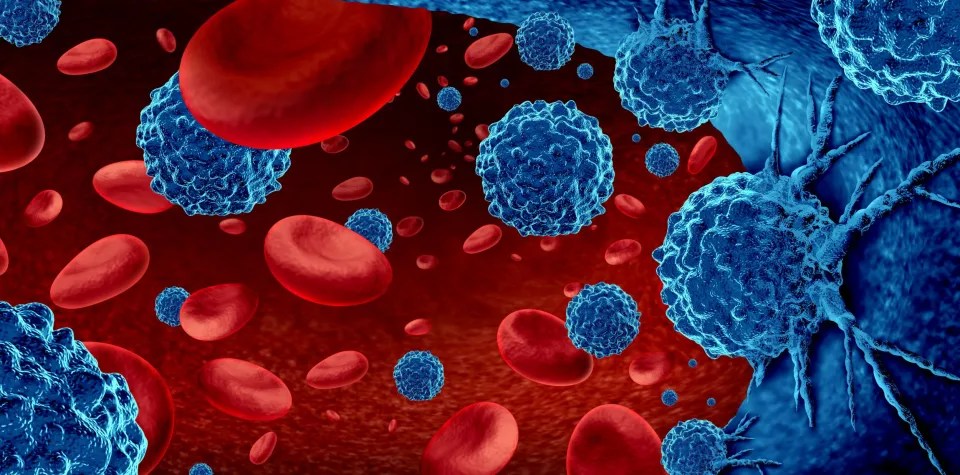A MAJOR alert has been issued over a common cancer that can destroy people’s healthy tissue and organs.
The Health Service Executive has urged people to know the signs of the common cancer to help spot it early in order to treat it in time before the condition worsens.
Cancer is a condition where cells in a part of your body grow and reproduce uncontrollably.
The cancerous cells can invade and destroy surrounding healthy tissue, including organs.
In Ireland, head and neck cancer is the fifth most common cancer in males, HSE reports.
More than one in two people will develop some form of cancer during their lifetime. Cancer can happen at any age, but it is rare at a young age.
Half of the people diagnosed with cancer are aged 68 or over in Ireland.
There are more than 200 types of cancer, but the most common types of cancer in Ireland are skin cancer, prostate cancer, breast cancer, bowel cancer and lung cancer.
Issuing the warning, cancer signs and symptoms may include:
a new lump or bumpa lump or bump that changes in size or lookbleeding that you cannot explain – from anywhere in your bodybruising you do not know the cause ofpain that will not go away and has no clear causepooing more often than usual or constipationblood in your pee or peeing more often than usualchanges on your skin – a new or changing moledifficulty chewing, swallowing or moving your tonguelosing weight without trying or that you cannot explainfeeling tired all the time – more than is normal for youa new, persistent cough or a change to to your usual coughshortness of breath – more than is normal for younight sweats you cannot explain
However, having these signs or symptoms does not mean you have cancer, these are the common signs and symptoms that are often caused by other conditions.
Despite this, people noticing any unusual signs or symptoms are urged to contact a GP to check them.
But if you are experiencing symptoms, do not wait until your next appointment for a bowel, breast or cervical screening – they are urged to seek an emergency appointment.
The cancer treatment varies as it depends on where it is, how big it is, if it has spread and your overall health.
If you’re diagnosed with cancer, a team of specialists will work together to give you the best treatment and care. This is also know as your multi-disciplinary team (MDT).
The team includes doctors and other health professionals who are experts in your type of cancer. Your healthcare team will discuss the treatment options they think are best for you. But the final decision is yours.
There are three main ways of treating cancer: surgery, radiotherapy, and cancer medicines.
HOW TO PREVENT CANCER?
Not all cancers can be prevented but there are things you can do to reduce your risk of developing cancer.
However, people can try to lower their chances of developing cancer by doing the following recommended things.
People are urged not to start smoking or quit, which will reduce their risk of at least 15 types of cancer.
Good eating habits and eating a wide variety of nourishing foods, such as foods high in fibre and avoiding processed foods, can reduce your risk of cancer.
Eating well also helps you manage your weight.
